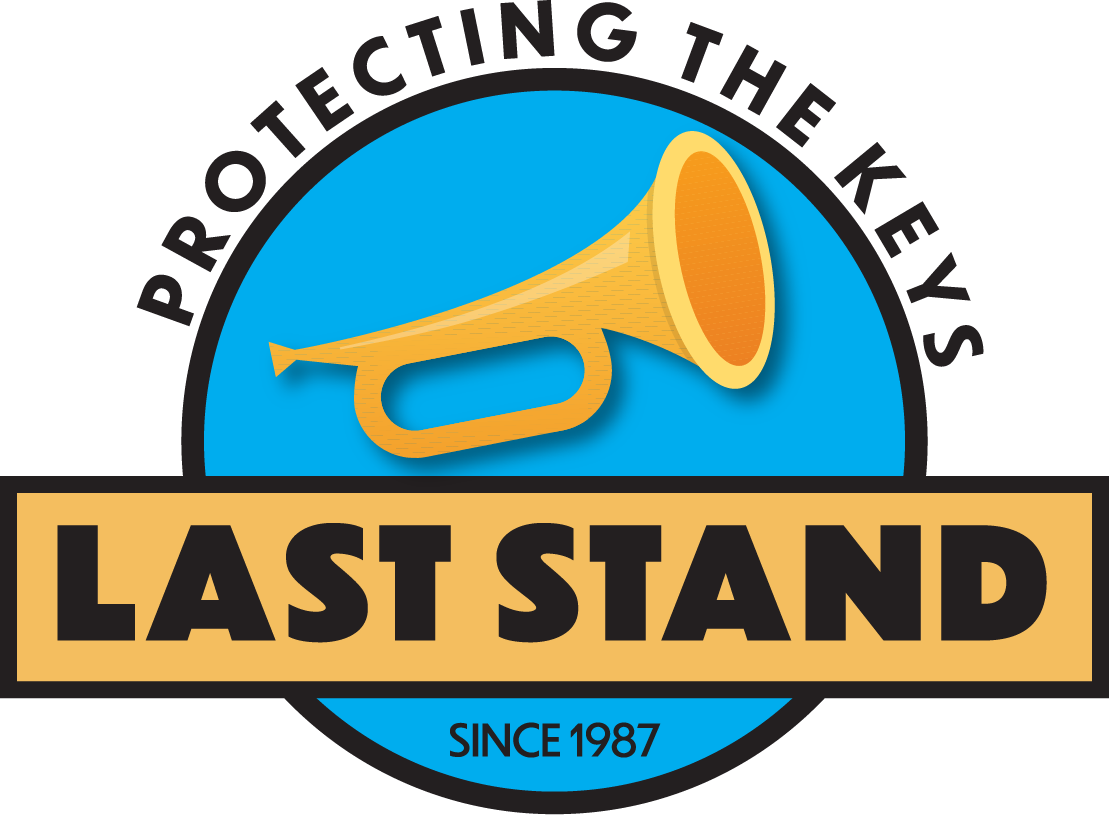Lobster Mini-Season
May 4, 2021
Mr. Rodney Barreto, Chairman
Mr. Robert Spottswood
Mr. Steven Hudson
Mr. Gary Nicklaus
Mr. Gary Lester
Ms. Sonya Rood
Mr. Michael Sole
Florida Fish & Wildlife Conservation Commission
Farris Bryant Building
620 S. Meridian Street
Tallahassee, Florida
Dear Chairman Barreto & Fellow Commissioners,
We, the undersigned, are requesting the Commission consider a new approach, outlined below, to the Florida Keys recreational lobster mini-season and determine if such an approach can be implemented in 2021. To be clear, there is no intent to eliminate the recreational mini-season, but rather to implement appropriate management measures to:
Minimize environmental impacts to corals and other benthic habitat
Improve safety and maintain quality of life for Keys residents and visitors on the water and on area roadways
Provide an effective management tool for law enforcement
Eliminate multiple illegal trips and poaching
Improve the comprehensive management of mini-season activities throughout Monroe County
Over the years, the FWC has implemented several changes to the rules governing the recreational mini-season in the Florida Keys. Although the present rules are more restrictive than mainland Florida, problems still exist. Simply put: there are too many people on the water these days for mini-season to remain an open access fishery. The increase in visitation not only severely impacts residents but results in a degradation of the visitor experience as well.
Open access has resulted in the following:
Death – 1 person died during the 2020 season.
Damage – coral heads, sea grass beds, and lobster habitat all face heightened risk from speeding boats and poorly educated divers and boaters.
Wildlife deaths – 8+ recorded sea turtle mortalities in the 2020 season alone.
Increased risk to wildlife - widespread increase in larger and faster boats with multiple engines give wildlife less time to avoid dangerous encounters.
Harvest of endangered and protected wildlife – there are insufficient FWC and NMFS enforcement officers allotted to the Keys to adequately monitor increasingly large crowds and the associated damage during lobster mini-season, now or for the foreseeable future.
Quality of Life Degradation – conflicts between divers and property owners, overcrowded & illegal vacation rentals, and increased traffic accidents on a congested US-1 result in law enforcement resources being placed under ever heavier workload demands from these mini-season-associated problems. Residents and visitors find it difficult to reasonably move about on overcrowded roads and enjoy the recreational features for which people come to the Keys.
A similar situation existed years ago with Florida’s wildlife management areas and hunting. Management areas that were open access soon became overcrowded with hunters, dangerous to the participants, and greatly degrading to the quality of the outdoor experience. Florida responded to the problem by enacting Florida Statute 379.354, limiting hunters through a lottery system – commonly known as “quota hunts”. Today, Florida’s public wildlife management areas with quota hunts are relatively safe, provide both high-quality hunts and great outdoor experiences. Further, the implementation of quota hunts improves the monitoring and enforcement of (hunting) regulations.
We are recommending a similar system be enacted to enhance the recreational mini-season experience, provide for additional environmental protections, improve participant safety both on the water and highways, and assist law enforcement in carrying out their duties. Below are suggested options and additional management guidelines:
Option 1 (Preferred): Develop a limited entry/quota system for the recreational lobster mini-season for all participants. Participants will be issued a maximum of 12 tags (6 per day).
Option 2: In addition to Option 1, extend limited entry/quota system for recreational mini-season through the first week of the regular lobster season.
Guidelines:
Following determination of the optimum number of permits issued/lobsters harvested, either a lottery system can be used to issue permits or permits can be issued on a “first-come, first-served” basis until allocation of permits has been exhausted.
Entry into lottery system could be awarded upon proof of an educational online course or signed agreement to County Mini-Season Rules.
To facilitate enactment, the Florida Keys can be divided into four zones: Upper, Middle, Lower, and Marquesas/Tortugas – similar to the Florida Keys National Marine Sanctuary – with each region having a predetermined target of permits. We would request FWC Staff to review this guideline (for feasibility) when considering any rule changes.
Some type of non-reusable tags, similar to those issued by the State for deer and turkey, can be issued. When a person draws a quota permit, he/she is issued a limited number of lobster tags.
Consider an increase in the price of lobster permits (to offset cost of increased law enforcement).
Such a system of quota permits/lobster tags will not only continue to minimize conflicts with commercial lobster trappers, but also eliminate repeat trips and improve enforcement, safety and the general outdoor experience in a National Marine Sanctuary and an “Area of Critical State Concern.”
Thank you for your consideration.
Sincerely,
D.A. Aldridge, President
Last Stand & the Undersigned
Florida Keys Chapter of the Izaak Walton League of America
Florida Keys Commercial Fishermen’s Association (FKCFA)
Friends of the Lower Keys (FOLKs)
Hammer Point Homeowners Association
Last Stand
Island of Key Largo Federation of Homeowner Associations
Key Deer Protection Alliance
Reef Relief
Save-A-Turtle of the Florida Keys, Inc.
Save Summerland Native Areas
Tavernier Community Association
Sugarloaf Shores Property Owners Association (SSPOA)
Terramar Environmental Services, Inc.
cc:
Jessica McCawley
Krista Shipley
Tom Reinert
Martha Guyas
Christopher Sweetman
